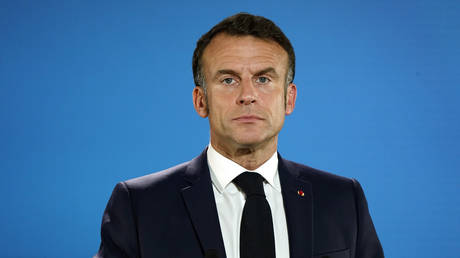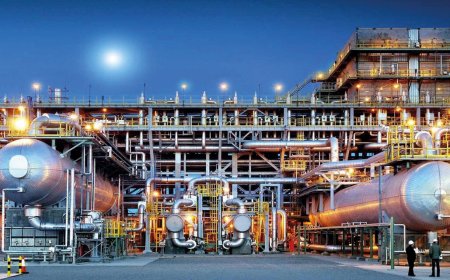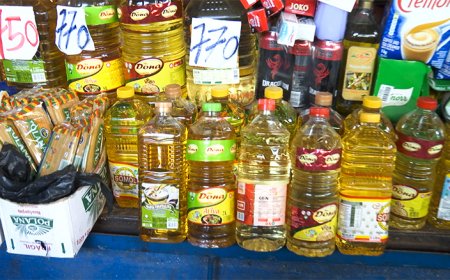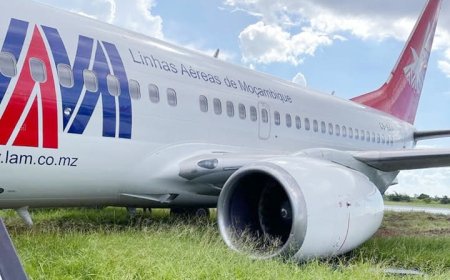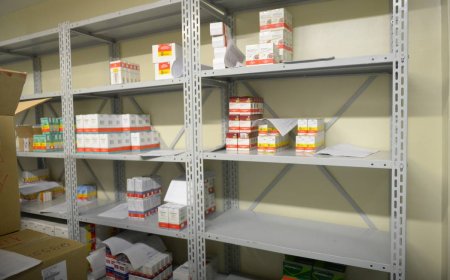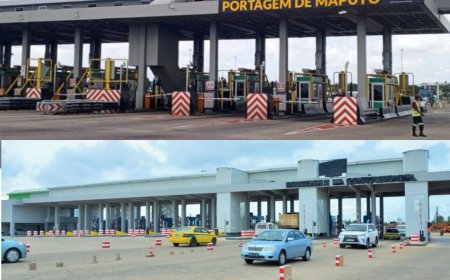Gas exploration delays in Mozambique increase global market pressure
ExxonMobil’s decision to postpone its final investment decision on the Rovuma LNG project to 2026, initially expected by late 2025, has raised concerns over the impact of these delays on the global energy crisis. The company attributed the delay to operational hurdles in Cabo Delgado, Mozambique, an area with significant liquefied natural gas (LNG) reserves that is currently affected by “force majeure” conditions.
Reports from sources such as Reuters and Energy Connects highlight that these setbacks come at a critical time, as global LNG supply is essential for balancing demand amid an ongoing energy transition. The absence of new, readily available gas sources places additional pressure on international markets, where LNG demand continues to grow, particularly in Asia.
In Mozambique, ExxonMobil stated that despite challenges, it has made significant progress on the Rovuma LNG project and is working closely with the government to foster a stable and secure environment. Production in the Area 4 block, shared with Italy’s Eni, could begin by ’s floating Coral Sul FLNG project, aims to position Mozambique among major LNG exporters with an expected annual output capacity of 18 million tonnes.
Cristian Signoretto, Eni’s deputy COO, emphasized the critical role of LNG in the global commodities market, noting that the success of floating LNG projects in Mozambique and Congo underscores Eni’s strategy to focus on natural gas. Eni has set a goal to ensure that gas comprises 90% of its hydrocarbon portfolio by 2050.






